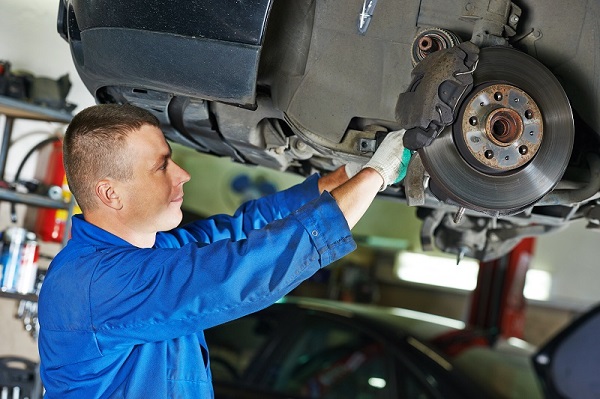Transmission
When Should One Call A Transmission Specialist?

In today’s world, automotive transmissions have become computerized thus, increasing the complexity and the demand and requirement of highly-trained technicians or specialists to deal with the repairs in transmission. These technicians are known as transmission specialists. They identify the problem, diagnose it, and also do repair work, maintenance or restoration works if necessary. These transmission specialists require good in-depth knowledge about the functionality and working of complex and advanced automobile parts, couplings, gear trains, hydraulic pumps and other components.
Why call a transmission specialist?
So, now we know the duties of transmission specialist and we know what is expected of them. But, why do we even need them in the first place? Automotive transmission repairs can be complicated and at most times, the problem may not be as modest as it seems. There may be some underlying latent cause to it and if left unrepaired, you will have to face the same issues again and again. So, it is always better to call up the professionals rather than trying do-it-yourself techniques and risking worsening the situation. These transmission specialists are usually available around the clock, so it is quite easy to get hold of one.
When is a transmission specialist required?
When do you know that the problem is serious? When should you attend to the repairs immediately? What are the deteriorating symptoms to look out for? When is it the right time to call a transmission specialist? You ill find answers to these questions in the following points:
- Leakage of fluids: Most transmission problems start with leakage issues. This is probably the most prominent and noticeable symptom. The transmission fluid, unlike the oil, will usually be in bright red or even brownish in color. So you can differentiate and identify it immediately.
- Overheating: Whenever the required fluid level is low or it has not been changed in a long time, overheating may occur. Defects related to the solenoid may also cause a similar issue. Thus, in general, overheating may also denote requirement of transmission repair.
- Noises: If you have a doubt regarding a defective transmission, then keep your ears open. If it is indeed in need for a repair, you will hear loud noises during shifting operations. You can also try reversing; the sound will be a lot higher than usual. The sound also persists while driving. This can be caused due to a clog-preventing the fluid flow or a damaged gear set. These are the early indicators of any future damage.
- Delayed acceleration: Sometimes while changing gears, the transmission may slip resulting in delayed acceleration. This issue is quite common and can be caused due to low amount of transmission fluid. But if the issue persists, then it may indicate other serious transmission problems.
If you face any of the above issues, persistently, then it is probably the best time to call a transmission specialist and ask him or her to have a look at your automotive.
What are the characteristics of a good transmission specialist?
Now, you have decided to call a transmission specialist. But what is required of these specialists? Read on.
- A clear understanding of all the parts and the type of labor required.
- These specialists should be able to conduct a standard testing of all the electrical components of the transmission to identify the weaknesses or potential areas of deficiencies.
- If required, they should be able to conduct a vacuum test for the valve bodies as well, which are the major parts of the transmission’s system.
- They should follow all the standards, rules and regulations that are followed in the transmission rebuild industry.
- They should be capable enough to conduct a thorough inspection of all the transmission parts to ensure maximum performance after repair.







